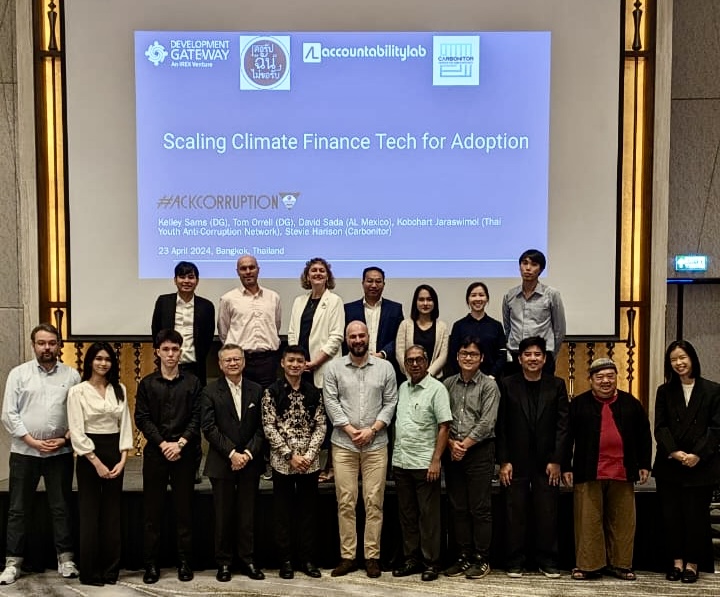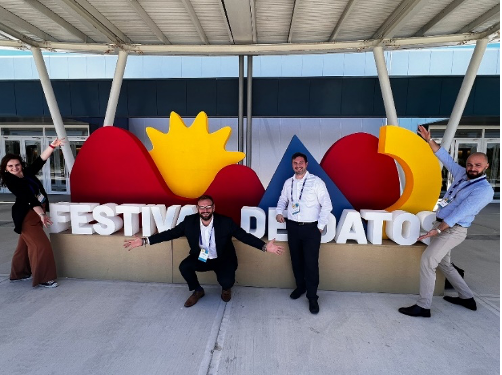A Call for Action, Not Opening
The weeks following the International Open Data Conference 2015 in Ottawa have been different than I expected. While IODC was full of discussions about high-level concepts, including the benefits of transparency and data use, I walked away with more than just an idealist’s ambiguous idea of Open Data could mean for the social sector. I wanted (and still am looking for) the “so what?” of Open Data.
Throughout the conference, speakers reflected on how amazing it was that so many people who are passionate about Open Data were in a room together and how we were a much bigger crowd than Open Data enthusiasts could have imagined in years past. It seems we’re passed the adoption phase of Open Data and are able to convey the benefits of data transparency to more a more mainstream audience (and outside the typical Open Data advocacy groups).
As a community, however, we’re not yet in a place where we can see what Open Data has done on a global scale to improve social outcomes. There are certainly traces of impact and different groups are trying to figure out how to measure it. I’ve been keeping tabs on the IODC Twitter feed since the event, and a lot of anecdotes about Open Data impact have been mentioned. However, sustained impact will require turning these anecdotes into application and action.
Instead of searching for impact, I’d like to see the Open Data community highlight groups that are actively using Open Data to further their existing initiatives — and are seeing results and impact in the process. IODC 2015 had a large focus on making Open Data usable, including a great techy session for data standards best practices. As Open Data becomes more usable and widespread, which is the trend that IODC hinted at, I hope that the Open Data community makes a collective push to put these concepts into practice and that these efforts are highlighted in the next IODC agenda. The reality is that there may never be a huge project that uses Open Data to benefit tens of millions of people and that’s ok. Instead, we need to embrace the smaller-scale victories, such as demanding accountability through published data, in order to see the impact of high-level concepts on the ground.
Share This Post
Related from our library

The Future of Technology Governance and Global Development: Why DG Brought DataReady In-house
DG is excited to announce we now have more robust data governance advisory services with the recent integration of DataReady.

Letting the Sunshine in: Building Inclusive, Accountable, and Equitable Climate Finance Ecosystems
In April, DG, HackCorruption, and the Thai Youth Anti-Corruption Network hosted a roundtable in Bangkok to discuss climate financing. This blog explores the main takeaway: a multi-disciplinary and multi-stakeholder approach that prioritizes local contexts, inclusive governance, transparency, accountability, and equitable distribution of resources is essential to impactful climate financing.

Developing Data Systems: Five Issues IREX and DG Explored at Festival de Datos
IREX and Development Gateway: An IREX Venture participated in Festival de Datos from November 7-9, 2023. In this blog, Philip Davidovich, Annie Kilroy, Josh Powell, and Tom Orrell explore five key issues discussed at Festival de Datos on advancing data systems and how IREX and DG are meeting these challenges.